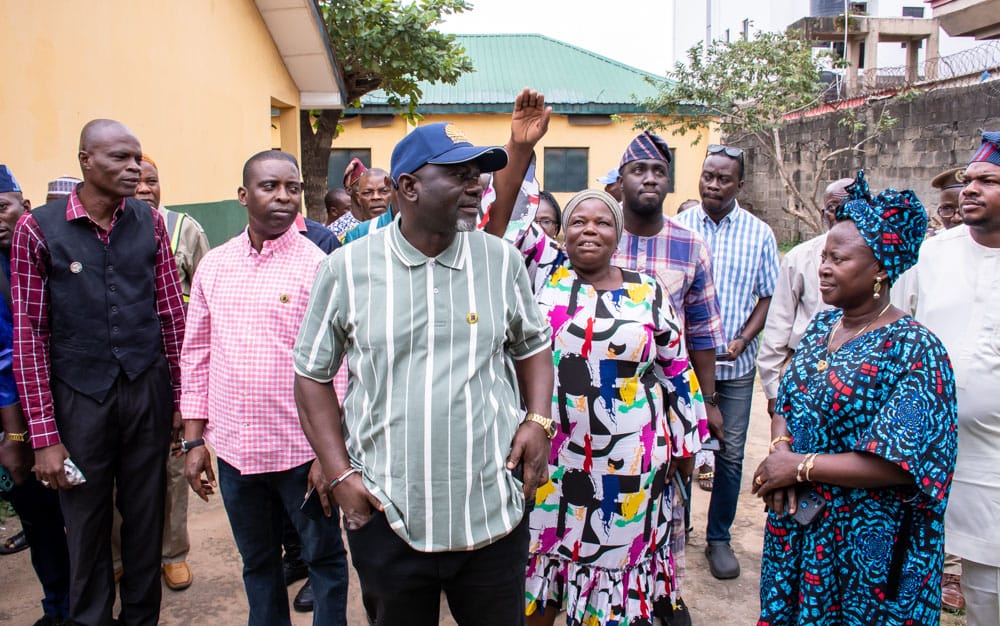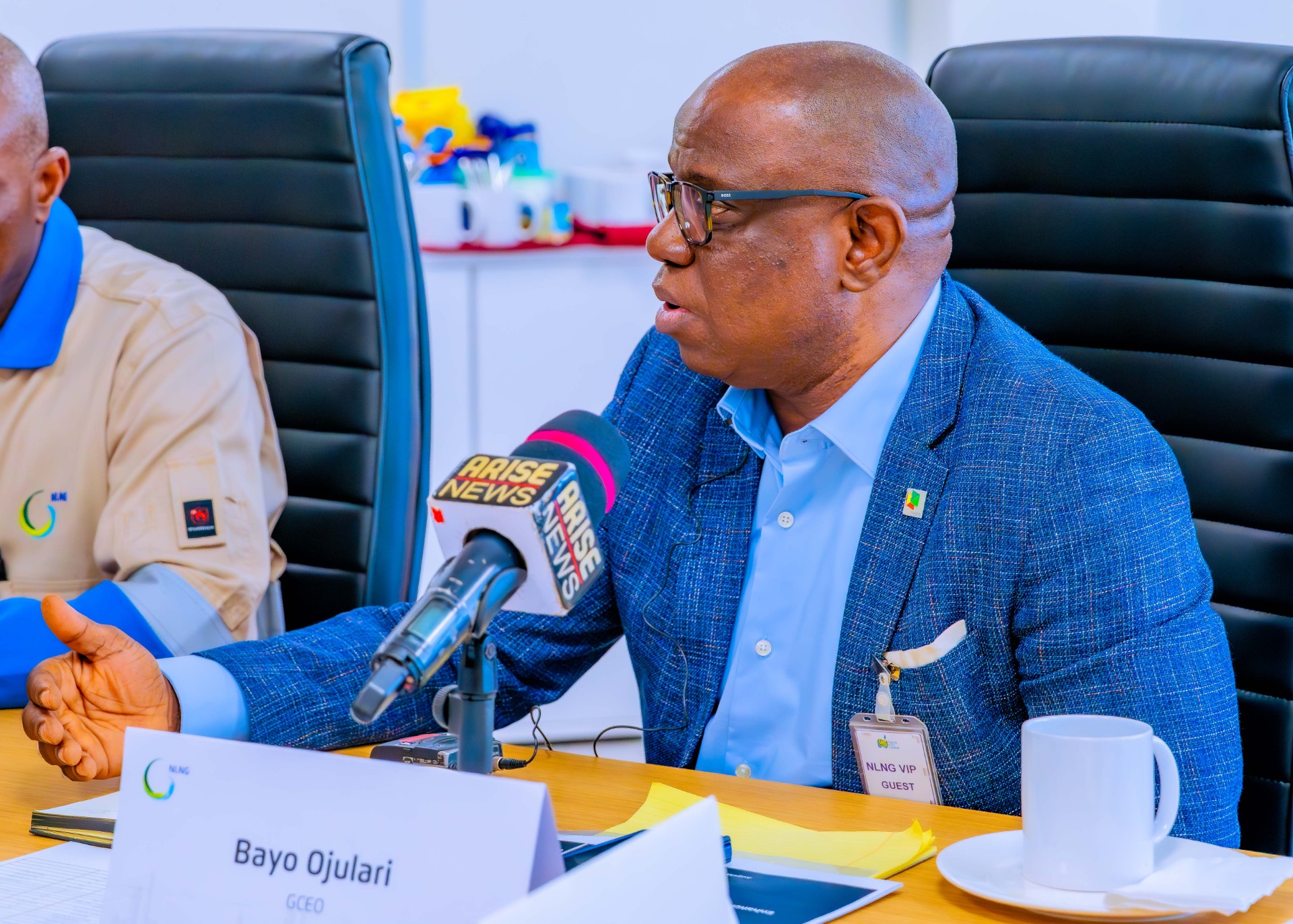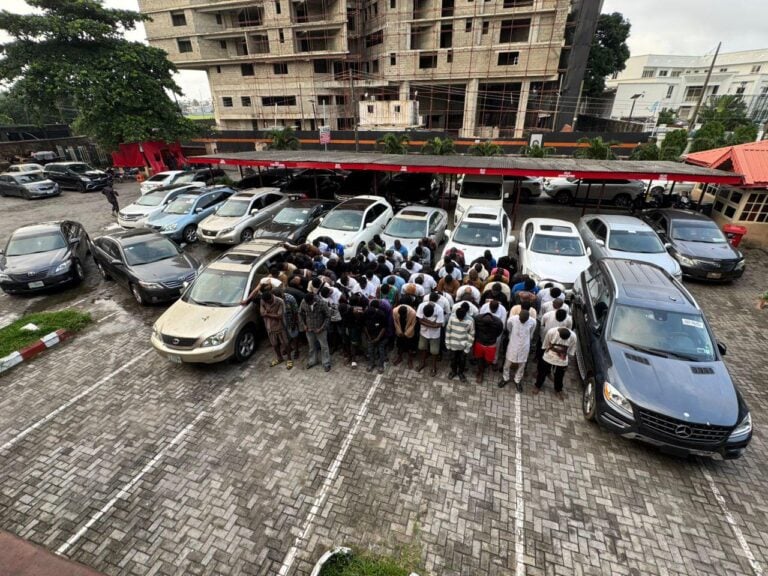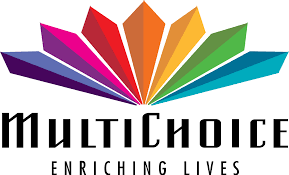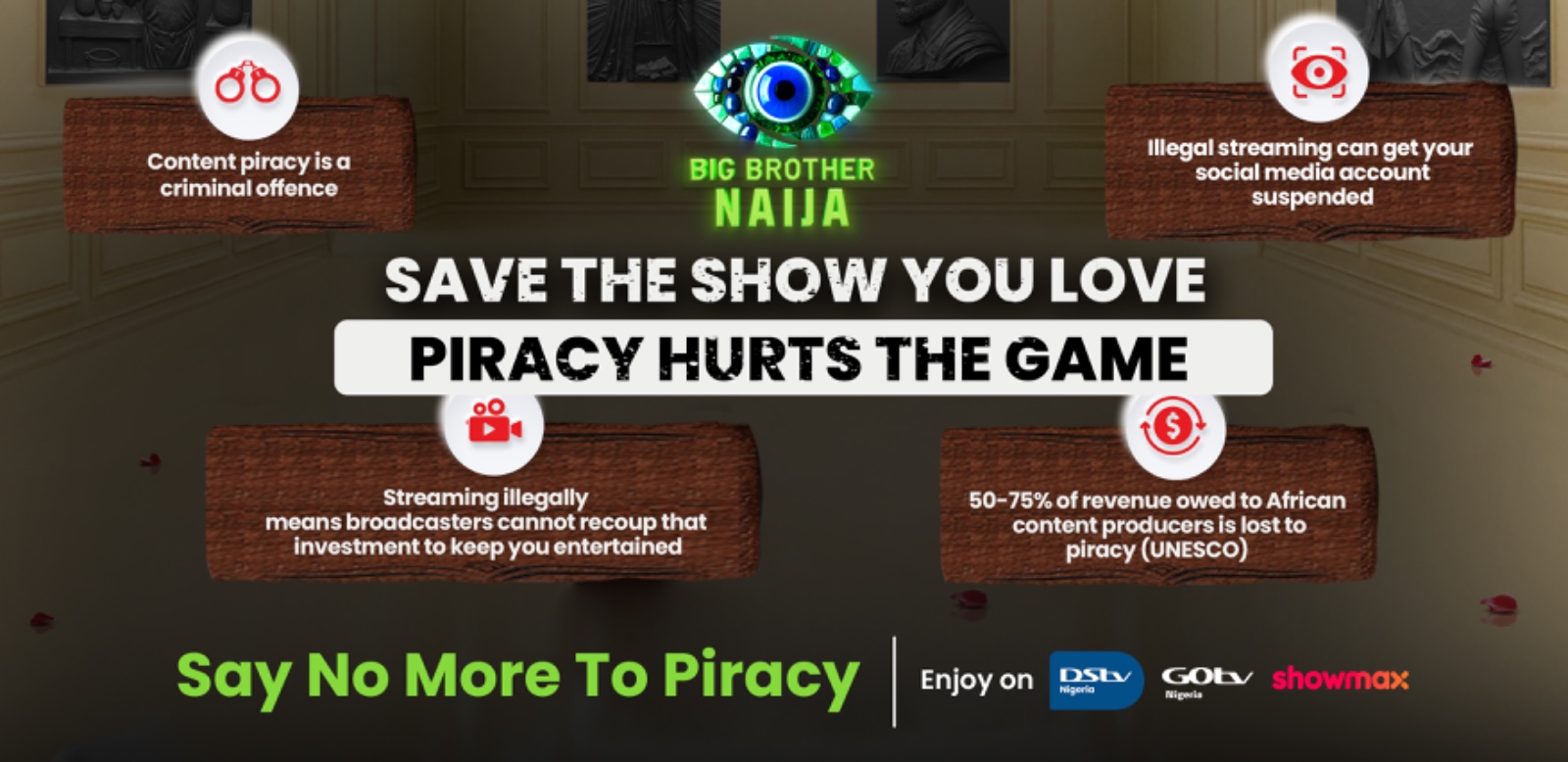
ADEDOTUN LAWAL
We live in an age where everything is just a click away. Music, movies, books, and television shows. It is easy, fast and often free. However, in the shadow of this convenience lies a growing threat that many overlook piracy. It is not just an issue of right or wrong; it is a quiet, consistent erosion of Nigeria’s entire creative economy, an economy that has given the world Nollywood, Afrobeats, and cultural stories that resonate across continents.
The reality is sobering. A UNESCO report estimates that between 50% and 70% of revenue in Nigeria’s film market is lost to piracy. For every legitimate copy sold, nine others are pirated. This means that for every N1,000 a filmmaker should earn, only N100-500 reaches their pocket. The rest vanishes into the digital ether, stolen by a system that has normalised theft as convenience.
An illustration of this point is a show like Big Brother Naija, a cultural phenomenon currently driving conversations across Nigeria. Beyond the glitz, drama, and fanfare lies a complex production engine powered by producers, editors, camera operators, sound technicians, costume designers, writers, marketers, and countless others. Months of planning, coordination, and creativity go into delivering the daily entertainment millions enjoy. But when this content is illegally streamed on Telegram channels, Instagram stories or pirate sites, it denies every single person on that production chain the value of their labour.
The problem spans Nigeria’s entire creative ecosystem. Nollywood produces approximately 2,500 films annually and employs over one million Nigerians, making it a significant contributor to the country’s economy, which faces high unemployment. Yet the world’s second-largest film industry loses approximately $2 billion to piracy every year. Think about what $2 billion could do, how many more films could be made, how many more jobs could be created, and how many more Nigerian stories could reach global audiences.
In the music industry, the pain is equally acute. No artist wants their process to be disrupted by leaks and affected by piracy, yet this has become the reality for even Nigeria’s biggest stars. When Wizkid, Davido, or Burna Boy release new music, unauthorised versions appear on countless platforms within hours, robbing them of streaming revenues and undermining the hard work of record labels, producers and promoters who invested in their success.
The publishing industry faces similar challenges. Nigerian authors watch as PDF copies of their books circulate freely on social media, effectively eliminating the incentive for people to purchase original copies. When a book that took years to write and months to publish can be shared with thousands at the click of a button, what incentive remains for the next generation of writers?
At first glance, piracy might seem a victimless crime. After all, if someone shares a movie link or uploads a show to Telegram, who gets hurt? The truth is, everyone does. Beyond the loss of revenue, this practice also discourages local and foreign investments, as nobody will want to support an endeavour that may not yield the expected dividends. When content does not generate its expected revenue, budgets are slashed, projects are shelved and jobs are lost.
What makes this particularly heartbreaking is how normalised it has become. From university campuses to WhatsApp groups, pirated content is shared casually, as though it is simply another way to enjoy entertainment. The ripple effects are anything but casual.
Consider a typical Nollywood production. Films are shot under conditions that professionals elsewhere would consider impossible, with budgets as little as N15,000,000. When piracy strikes, that already thin margin disappears entirely. The producer who took a loan to fund the film may never recover their investment. The actors who worked for reduced fees, hoping for backend profits, see nothing. The distributors who believed in the project are left counting losses instead of profits.
The emotional toll on creators cannot be overstated. Take Toyin Abraham’s experience with her 2023 film “Malaika.” After investing N500 million in the production, the actress revealed that piracy of her movie led to panic attacks and hospitalisation. “I wanted to run mad seeing my movie pirated,” she confessed. “I cried and made several calls before she and her team started breaking the links of the ones uploaded.” Her ordeal led to the arrest and prosecution of six suspects for conspiracy, infringement on intellectual property, and cyber-related crimes.
Abraham’s pain reflects a broader truth about piracy’s human cost. As acclaimed filmmaker Steven Soderbergh once observed, “The problem with piracy is that it is not just about money, but also about the devaluation of creative work. When you steal someone’s movie, you are saying their years of work have no value.”
For upcoming creatives, piracy creates a hostile environment where talent may never be rewarded. It discourages innovation and growth, sending a message that creativity is not something to be protected; it is something to be exploited. Why should a young filmmaker spend months crafting a story when they know it will be illegally distributed before they can recoup their investment?
The fight against piracy has seen some victories. Law enforcement agencies have raided piracy rings, and digital platforms have been shut down. Content creators themselves have become more vocal about the impact of piracy on their livelihoods. But this is not a fight they can win alone.
The responsibility also falls on us, the everyday viewer, reader, and listener. Every time we choose to stream a movie from a suspicious free website, download a leaked album, or share a PDF of a Nigerian book, we are voting against the future of our own creative economy. We are saying that the stories, music, and moments we claim to love are not worth paying for.
The irony is painful. We celebrate when Nigerian artists win international awards, when Nollywood films get global recognition, and when our books find international publishers. Yet many of us undermine these same industries through our consumption choices. We want world-class entertainment produced on local soil, but we are unwilling to pay for the local soil to remain fertile.
Every legitimate purchase, every cinema ticket bought, every official stream, and every book purchased from a credible source contributes to the survival of the arts. Nigeria’s creative industries already contribute as much as 1.2 trillion naira each year to the Nigerian economy, but they have the potential to contribute much more if we stop bleeding revenue to piracy.
The choice is ours. We can continue to treat creativity as free content to be consumed without thought for the creators, watching as our industries struggle to compete globally while we starve them of the revenue they need to thrive. Or we can recognise that every naira we spend on legitimate content is an investment in the future of Nigerian creativity, a vote for more Big Brother Naijas, more world-conquering Afrobeats, and more Nollywood films that make us proud to be Nigerian.
In the end, piracy does not just steal content; it steals our cultural future. It silences voices before they have had a chance to speak. And if we want to keep enjoying the stories, music, and moments that make us uniquely Nigerian, we must protect the people who create them.
*Lawal, a media professional, writes from Lagos


